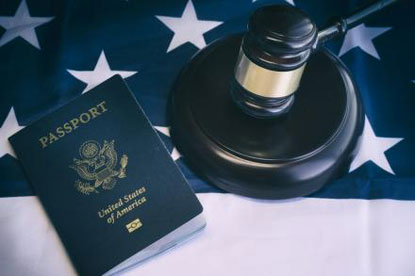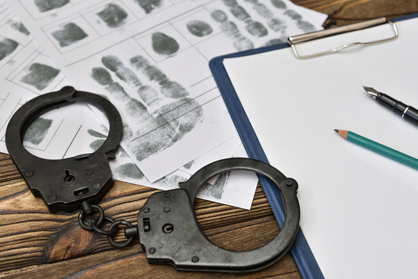
Scholars and courts have recently become aware of a potential scrivener’s error that may have altered the text of the law governing lawsuits against state and local government officials for constitutional violations. A February law review article published in the California Law Review by Alexander A. Reinert, a professor at the Benjamin N. Cardozo School of Law at Yeshiva University, highlights this overlooked issue. The article suggests that the omitted language in the law calls into question the doctrine of qualified immunity, which protects officials from Section 1983 suits, except in cases of clearly established law violations. This revelation has sparked discussions and debates among legal experts regarding the interpretation and implications of this lost text.
Section 1983, part of the Civil Rights Act, was intended by Congress to abrogate traditional immunities when it was enacted. However, the omission of crucial language from the original version of the law, as Reinert identified, has questioned the concept of qualified immunity. Qualified immunity shields government officials from being held personally liable for constitutional violations if the law they violated was not clearly established during the incident.
In a concurrence to his opinion in a qualified immunity case, Judge Don R. Willett of the 5th U.S. Circuit Court of Appeals at New Orleans acknowledged the potential significance of the scrivener’s error. While ruling that qualified immunity protected an inmate named Kevion Rogers in a specific case, Willett expressed that the appeals court was bound by controlling precedent. Nevertheless, he emphasized that the lost text research presented in Reinert’s article contains compelling arguments that challenge the fundamental basis of qualified immunity.
The New York Times, citing the law review article and Willett’s concurrence has drawn attention to this critical legal issue. Experts are now pondering the potential consequences of this lost text discovery. Some argue that the doctrine of qualified immunity may be incompatible with the original intent of Congress, as expressed in the complete text of Section 1983. Judge Willett raises the question of whether a statute holds interpretive force if it remains unread, highlighting the need for a comprehensive examination of the enacted text.
Trust BCG Attorney Search to connect you with top legal employers in your area. Search now!
However, while acknowledging the potential seismic implications of the lost-text research, Willett clarifies that the power to definitively address and resolve the issue lies with the Supreme Court. As circuit judges, their authority is limited to adhering to existing Supreme Court precedents. Only the Supreme Court possesses the jurisdiction and authority to reassess the meaning and significance of the enacted text of Section 1983 and its impact on qualified immunity jurisprudence.
The revelation of a possible scrivener’s error in Section 1983 of the Civil Rights Act has raised significant concerns about the doctrine of qualified immunity. The omitted language, as pointed out by Alexander A. Reinert in his law review article, challenges the traditional understanding of qualified immunity and its protection of government officials in cases of constitutional violations. While legal scholars and Judge Willett acknowledge the potential importance of this discovery, the final resolution of the issue lies with the Supreme Court. As discussions and debates continue, legal experts and the broader public await further developments to see if this lost text will have a transformative impact on qualified immunity and the pursuit of justice in cases involving state and local government officials.






































